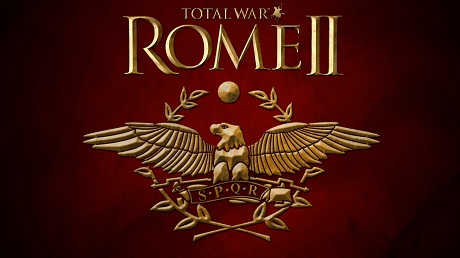Port
The sea-road leads to the wider world.The Etruscans conducted trade not only with their fellow cities on the Apennine Peninsula, but also with contemporary Mediterranean civilisations such as the Greeks, Phoenicians and other eastern cultures. The Etruscans were noted for their iron exports, which they exchanged for ivory from Egypt, amber from the Baltic, and pottery from Greece and Ionia; fine Greek pottery in particular was very highly valued. The Etruscans’ strong maritime presence brought them a longstanding reputation for piracy, especially among Greeks. From the records of the time, there is little evidence to suggest that the Etruscans pirated more than any other people, but their control over a significant part of the Mediterranean is indisputable. Naturally, such actions brought Etruria into conflict with the major naval power of the age, Carthage, necessitating a treaty regarding exclusive areas of operation, signed around 509BC. This treaty made both powers stronger and led them to co-operate to defend their mutual interests against the Greek fleet. Later on, once Syracuse emerged as a dominant trading power, the Sicilian-based Greeks inflicted a major defeat on the Etruscans at the Battle of Cumae, in 474BC. Around a century later, Dionysius I of Syracuse destroyed many of the Etruscan ports, leading to a decline in wealth for the previously extremely-rich Etruscan city-states.
日本語化: JapanTotalWarとは
Port
|
Small Port
(inv_new_etr_port_1) Port Level 0 |
| |||||||||||||||||||||||||||||||||||||||||||||||||||||||||||||||||||||||||||||||||||||||||||||||||||||||||||||||||||||||||||||||||||||||||||||||||||||||||||||||||||


 English
English Français
Français Italiano
Italiano Deutsch
Deutsch Español
Español Русский
Русский Čeština
Čeština Polski
Polski Türkçe
Türkçe 简体中文
简体中文 正體中文
正體中文 2 食料 (this_region)
2 食料 (this_region) 40 海商業による収入 (this_building)
40 海商業による収入 (this_building) -2 ターン毎の治安(不衛生) (this_province)
-2 ターン毎の治安(不衛生) (this_province)
